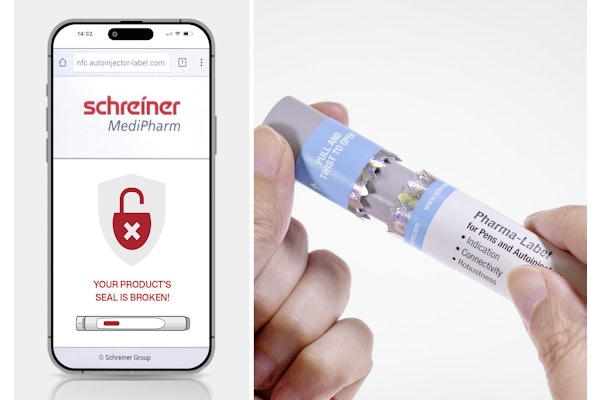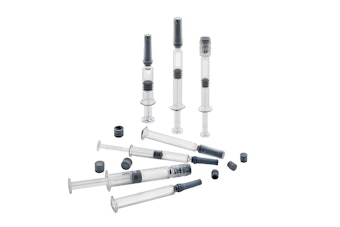In our top 10 of 2022: Regulation EU No 536/2014 on clinical trials—a binding legislative act for each member state, overruling national law—came into force on January 31, 2022, to simplify clinical trial preparation and activation. With it will come many changes that will impact study startup processes and timelines, expiry labeling on primary and secondary packaging, and study administration methods such as direct-to-patient.
An XTalks webinar panel discussion, “How to Avoid Significant Delays in Multi-Country Studies Due to EU 536/2014 Clinical Trial Regulation,” made note that before the regulation, most tasks required to start enrolling patients could largely be planned and managed independently, with minimal coordination between study, country, and site project managers. This previous method put the focus on the first country and site approved, knowing additional activities would follow, which made for decentralized, unsophisticated planning and management. The regulation, however, represents a paradigm shift to last country and site ready, with any missing content required for the study, country, or site approval delaying all countries and sites. This can significantly impact study timelines.
Continue to the full article here: Manage Challenges from the EU 536/2014 Clinical Trials Regulation
Or view video: Solution for Expiry Labels, DtP, and Study Timelines Due to EU 536/2014 Clinical Trials Regulation























